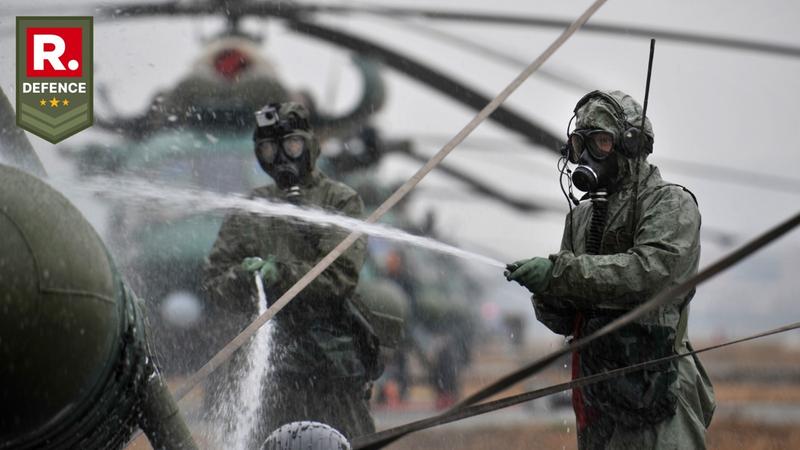Published 16:53 IST, January 6th 2025
China Faces Surge in HMPV-led Respiratory Illnesses, But No Declared Epidemic Yet
5 years after the COVID-19 pandemic, claims of an epidemic in China, allegedly caused by HMPV, have sparked global fears.

Beijing, China - Five years after the outbreak of the deadly Covid-19 pandemic that claimed more than 7 million lives all over the world, reports of an alleged epidemic in China have caused a stir on social media, with videos depicting overcrowded hospitals and suggesting a rapid spread of respiratory illnesses. The Human Metapnuemovirus ( HMPV ) outbreak reportedly in China has raised concerns worldwide.
Claims of a state of emergency and overwhelmed healthcare facilities have further fueled fears. However, health authorities, including the Chinese government and the World Health Organization (WHO), have not confirmed these assertions. While there is a noticeable rise in respiratory infections, particularly among children and the elderly, experts urge caution in interpreting these unverified claims.
Social Media Fears and Viral Claims
Social media platforms such as X (formerly Twitter) have been flooded with posts claiming that China is grappling with an epidemic of respiratory illnesses. Viral tweets have highlighted alleged chaos in hospitals and crematoriums. One post stated, “China Declares State of Emergency as Epidemic Overwhelms Hospitals and Crematoriums.” Comparisons to the COVID-19 crisis in 2020 have added to the alarm.
Posts from handles like @COVID19_disease have pointed to a surge in infections caused by human metapneumovirus (HMPV), Influenza A, and Mycoplasma pneumonia. Reports of strained children's hospitals due to cases of pneumonia and "white lung" have gained traction. However, a community note on X debunked claims of a declared state of emergency, emphasizing the lack of supporting evidence for such assertions.
China Urged to Maintain Transparency in Reporting Data
The Chinese Center for Disease Control and Prevention (CDC) has acknowledged an increase in acute respiratory infections. Children’s hospitals are reportedly stretched thin, and crematorium operators have noted longer waiting times, reflecting a rise in deaths. These observations, while concerning, do not align with the catastrophic scenarios being circulated online.
WHO officials have urged China to maintain transparency in reporting data, echoing ongoing concerns about public health and global preparedness. In a statement on December 31, 2024, WHO reiterated the importance of data sharing to address outbreaks effectively.
Expert Warnings Against Misinformation
Public health experts have cautioned against drawing premature conclusions from unverified claims. The surge in social media activity highlights the public's anxiety but also underscores the risk of misinformation. Videos showing crowded hospitals and alarming descriptions can lead to undue panic without corroborating evidence.

Meanwhile, the WHO continues to stress the importance of accurate information sharing, especially in light of previous controversies over China’s handling of the COVID-19 outbreak. The organization’s call for data transparency reflects its commitment to strengthening global health responses.
Current Reality and Future Outlook
While respiratory illnesses are rising, there is no official declaration of an epidemic or emergency. Vulnerable populations, such as children and the elderly, are most affected. The situation, though concerning, does not currently justify the level of alarm being propagated online.
Authorities in China and global health agencies are closely monitoring developments. Until more data is available, the public is urged to rely on credible sources of information. The incident underscores the importance of combating misinformation and promoting transparency in addressing public health concerns.
The reports of an epidemic in China serve as a reminder of the critical role of verified information in navigating health crises. While vigilance is necessary, undue panic based on unsubstantiated claims can exacerbate public fears. As health officials continue their assessments, global cooperation and data sharing will be vital in managing current and future challenges effectively.
Updated 17:48 IST, January 6th 2025




